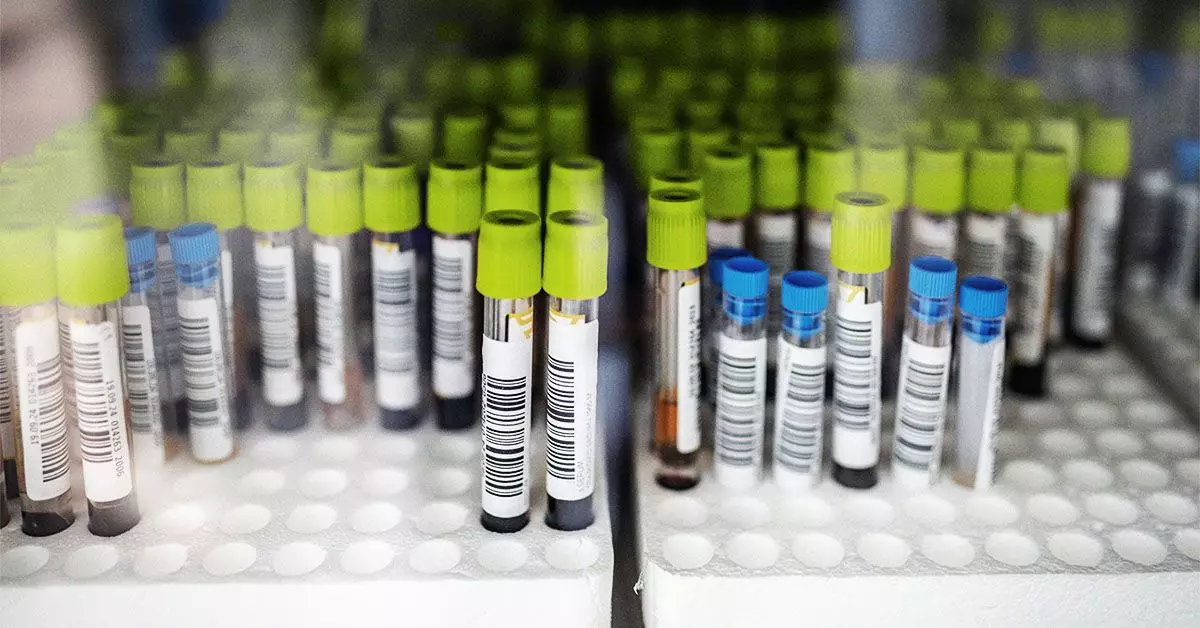Philadelphia-positive acute lymphoblastic leukemia (Ph+ ALL) is a distinct and aggressive form of acute lymphoblastic leukemia (ALL) characterized by the presence of the Philadelphia chromosome. This genetic abnormality plays a pivotal role in the disease’s development and has far-reaching implications for diagnosis and treatment. While ALL is a malignancy affecting blood and bone marrow, the Ph+ variant exhibits unique features that warrant specific attention from both medical professionals and patients alike.
The clinical manifestations of Ph+ ALL are largely consistent with those typical of other ALL subtypes. Patients may experience a range of symptoms due to the accumulation of immature leukemic cells in the bone marrow, leading to a shortage of functional blood cells. Common symptoms include profound fatigue, increased susceptibility to infections, easy bruising or bleeding, weight loss, and fever. However, it is essential to underscore that these symptoms can also arise from various other conditions, making accurate diagnosis crucial.
To differentiate Ph+ ALL from other hematological disorders, healthcare providers employ a myriad of diagnostic techniques. These may include complete blood counts to evaluate the levels of different blood cells, as well as more advanced procedures such as bone marrow biopsies to detect the infiltration of leukemic cells. Genetic testing plays an essential role; the identification of the BCR-ABL1 fusion gene through techniques such as fluorescence in situ hybridization (FISH) is definitive for Ph+ ALL.
At the core of Ph+ ALL lies the Philadelphia chromosome, resulting from a translocation between chromosomes 9 and 22. This aberration produces the BCR-ABL1 fusion gene, which causes excessive activation of tyrosine kinase. This overproduction leads to unregulated proliferation of immature white blood cells, which invade the bone marrow and peripheral blood. Understanding this genetic foundation is critical for both diagnosis and the development of targeted therapies which interfere with the signaling pathways activated by the abnormal tyrosine kinase.
The therapeutic landscape for Ph+ ALL has evolved significantly with the introduction of tyrosine kinase inhibitors (TKIs). These targeted agents, such as imatinib, dasatinib, and nilotinib, work by inhibiting the activity of the overactive tyrosine kinase produced by the BCR-ABL1 gene fusion. This disruption prevents the uncontrolled proliferation of leukemic cells, thereby allowing normal hematopoiesis to resume.
Ph+ ALL treatment typically occurs in two phases: induction and consolidation. The induction phase aims to achieve remission by employing TKIs in conjunction with traditional chemotherapy agents. Once remission is achieved, consolidation therapy is usually initiated to eliminate any residual leukemic cells and reduce the likelihood of relapse.
While the outlook for patients with Ph+ ALL has improved markedly due to advances in targeted therapies, several challenges remain. Resistance to TKIs can develop in some patients due to further genetic mutations, necessitating alternative treatment strategies. In such cases, healthcare providers may consider second-generation TKIs or even hematopoietic stem cell transplantation for eligible patients.
Furthermore, while Ph+ ALL is relatively rare in pediatric populations, its occurrence in adults is significant, accounting for approximately 30% of adult ALL cases. This disparity in incidence raises issues for research funding and resource allocation, as well as necessitating the need for tailored treatment protocols for different age groups.
Philadelphia-positive acute lymphoblastic leukemia (Ph+ ALL) presents a complex interplay of genetic abnormalities that necessitate a nuanced approach to diagnosis and treatment. By understanding the underlying mechanisms, recognizing symptoms, and exploring the evolving treatment landscape, patients and clinicians can work collaboratively towards achieving optimal outcomes. Ongoing research and development in the field hold promise for enhancing therapeutic options and improving the prognosis for individuals affected by this challenging malignancy. As awareness of Ph+ ALL grows, early detection and personalized treatment strategies remain essential components in the fight against this disease.

